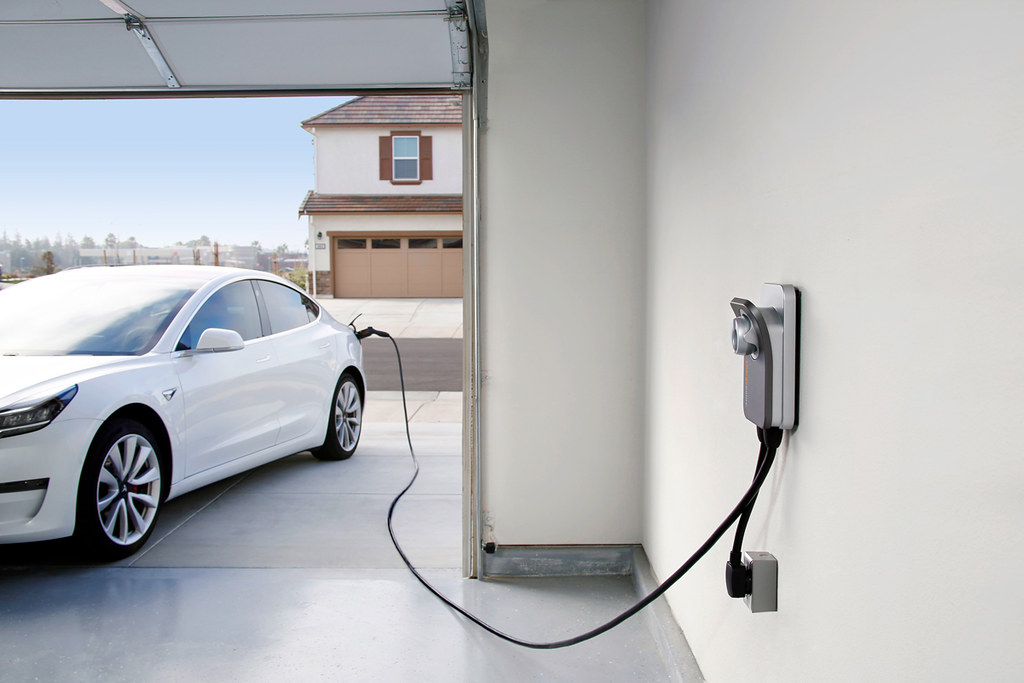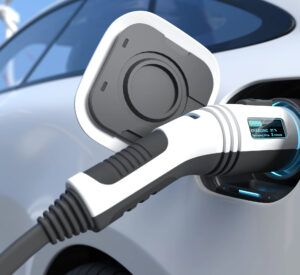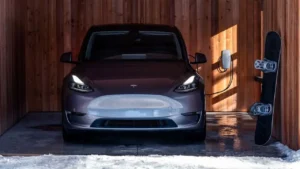For many homeowners, a top concern when looking to purchase an electric or plug-in hybrid vehicle is the EV charging stations. Having a home charging station installed is an electrical service that we’re responding to more and more as electric cars become more popular. With the right professional experience, installing a home charging station is less daunting than you may expect.
Things To Consider Before The Install
Other than the cost to install an EV charger, there are a few other things to consider before jumping in with an install. And of course, these all do contribute to the total cost. That’s why we’re here – to help with these decisions within your budget.
Hardwired vs. Plug-In
If you may be moving from your current home in the next few years, and you don’t want to leave your charger behind, consider a charger that gets mounted on the wall and plugs into a 240 volt outlet. Or, if you’re renting and need the charger to plug into an existing 240 volt outlet, then opt for the plug-in option. There really are the only scenarios where we would recommend a plug-in charger, since hardwired EV chargers are superior in several ways. They are much safer than a plug-in, have more power and charge faster, last longer, and are cheaper to install. Plus they look much nicer on your wall compared to a plug-in! So if you have flexible options: go with hardwired.
Installation Location and Cord Length
Determine where your charger will be installed. Most homeowners install the charger inside the garage, but if you have a unique situation, chat with us to determine the best placement. Also, if the charger won’t be right next to the car you’re charging, invest in a longer charging cord. Measure the distance between the desired charger location and your vehicle’s charging port and add at least five feet for slack. You want charging to be convenient, so make sure that cord is not something that you’re struggling with on a daily basis!

Dedicated Circuit
Do you have a circuit available that can be fully dedicated for your EV charger? That’s important! You can’t easily have anything else on that circuit that draws power, as tripping is inevitable. If you hardwire your charger on a dedicated circuit, you won’t have to worry about anything tripping it.
If you don’t have a dedicated circuit, contact our electricians for help. We are experts in residential electrical panels and can help troubleshoot your power needs.
Which Level 2 Charger to Purchase?
There are many different types of chargers, even among the home level 2 chargers. There are models that deliver less power (around 7 kW) while others can go as high as 19.2 kW. It all comes down to your home’s capacity for higher-powered chargers as well as your budget. The most efficient option is to get in touch with us for recommendations based on your individual situation, and we’ll guide you toward the best charger for your needs.
Safety
As with any electrical work, it is crucial to work with a professional electrician when installing new wiring, as failure to do so can lead to risk of electrical fires, shock, and even death.
Home Charging Station Installation
When looking to install a home EV charging station, consulting professional electrical contractors is the best and safest way to go. That is why Prairie Electric offers EV charging station installation and consultation in Vancouver, WA. If you would like to set up an installation, or have any questions about EV charging stations in the home, contact us today.


